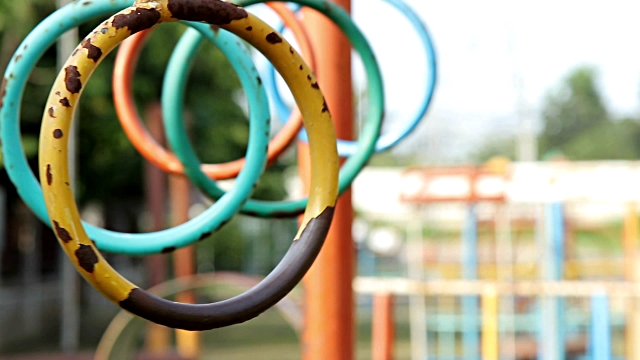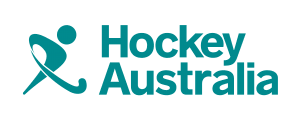The Physical Education & Physical Literacy (PEPL) approach is an evidence-based system to increase physical activity, improve physical literacy and enhance delivery of the HPE curriculum in primary schools.
The problem
There is no debate – we all want children to be more active, healthy and physically literate. Current evidence indicates that public primary schools simply do not have the teaching capacity to effectively meet government health and physical education (HPE) curriculum requirements. To this end, our primary school education system is failing and our kids are paying the price. Not just with the high incidence of obesity and risk to health but also with compromised academic achievement.
A solution
The PEPL approach is an evidence-based, cost effective and scalable system designed to enhance physical literacy and delivery of the HPE curriculum. PEPL focuses on increasing educational efficiency, making better use of current school assets and capacity. A PEPL coach (alternatively referred to as a PEPL educator) operates in a professional developmental role within a network of 8-10 schools in a proven sustainable multi-component approach of hands on, in-school professional development.
Systematic approach
The PEPL approach contains a set of objectives and strategies which are underpinned by four sequential building blocks. Every school is different and a PEPL coach/educator tailors the approach to meet the needs and existing capacity of the teachers and students.
The PEPL approach has been evaluated in two randomised controlled trials.
Professor Dick Telford discusses the PEPL approach for primary schools
The South Australian PEPL Approach
In 2022 the PEPL Approach was trialled in South Australian primary schools in metropolitan and rural regions. Flinders University took the lead in reviewing the impact of the PEPL approach and submitted a report to the Department for Education and to Sport Australia. ACHPER South Australia had a dual role in professional development of the PEPL educators and Sporting Schools coaches, and integration of Sporting Schools coaching sessions into the PEPL Approach. Sport Australia, Hockey Australia, the University of Canberra and the Department for Education South Australia combined resources to fund the 2021 trial.
Development of the PEPL Approach
The PEPL approach was developed by the University of Canberra Research Institute for Sport and Exercise (UCRISE) in collaboration with the Victorian Department of Education and Training, School Sport Victoria, Sport Australia, ACHPER Victoria, Cricket Australia and with encouragement from the Confederation of Australian Sport and the Primary School Principals Association.
In order to evaluate its contribution to primary school education, it’s acceptance by the teachers and the responses of the students, two randomized trials were conducted, each over a one year period. One of these was in metropolitan Melbourne suburbs and the other in regional rural Victoria. The teacher and school outcomes of the PEPL approach and the student outcomes of the PEPL approach have been peer reviewed and published.
With valuable experience gathered in the Victorian trials, the PEPL approach was advanced considerably through collaboration with highly experienced staff from ACHPER SA and Flinders University. This also served to strengthen the PEPL approach sustainability for implementation over ensuring years.
This PEPL research is to be undertaken in parallel with, and will benefit from two other University of Canberra studies: The Lifestyle of our Kids (LOOK) study www.look.org.au and the Active Early Learning (AEL) project www.AELproject.com.au










